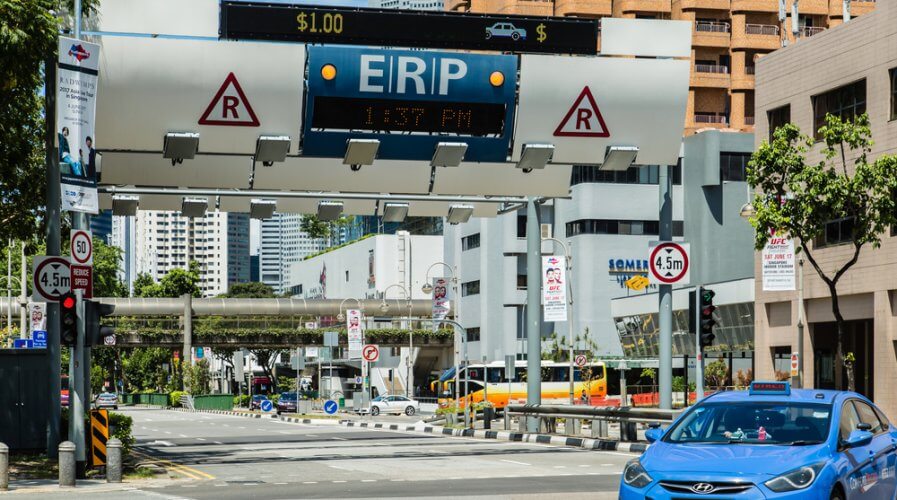
KPMG says IoT key to making Singapore a smart nation. Source: Shutterstock
KPMG says IoT key to making Singapore a Smart Nation
WHILE industrial use cases for the internet of things (IoT) are quite popular, urban and civic use cases don’t seem to get the attention they deserve.
Come to think of it, it’s impossible to build a smart city (or in the case of Singapore, a Smart Nation), without IoT. However, it’s one technology that both businesses and regulators are really struggling to leverage.
High implementation costs, a lack of implementation skills, cybersecurity threats, and complexity of integration and interoperability are some of the things that raise concerns, but the technology in itself is seen as something that’s still quite out of reach — which creates a bigger problem.
According to KPMG, who recently issued a set of pre-budget recommendations for Singapore’s government, said that IoT is a fundamental building block on the path to becoming a Smart Nation.
In order to encourage the development and adoption of IoT in Singapore, analysts at KPMG made the following recommendations:
# 1 | Sandbox environment
Foster innovation by setting up a sandbox environment for IoT-related innovation in regulated areas. For instance, telcos could adopt a model similar to the fintech space.
# 2 | Talent subsidies
A 250 percent tax deduction on costs incurred for bringing in international technology experts and urban planners to pilot projects using Singapore talent, and/or to facilitate local or overseas training for employees could be considered.
In addition, enhanced training subsidies could be given to organizations and universities to focus on IoT-related curricula.
# 3 | Vendor payment subsidies
A 250 percent tax deduction for local spending in respect of payments for prescribed expenses made to Singapore-based service vendors, and a 200 percent tax deduction for prescribed expenses made to overseas service vendors in the process of IoT development.
# 4 | Tax allowance on CapEx
A 250 percent tax allowance on capital expenditure (CapEx) on technology-based investments into approved infrastructure projects, and a concessionary tax rate of 5 percent on qualifying IP income for activities under Smart Nation and Industry 4.0 blueprints.
# 5 | Smart City Hub
Establish a Smart City Hub programme to provide technology, capital, talent, and advisory services and provide a concessionary tax rate of 10 percent for qualifying businesses deriving income from deploying Smart City programmes overseas.
# 6 | Co-fund R&D
Co-fund up to 50 percent of R&D related costs incurred by businesses under Public-Private Partnerships (PPPs) to drive IoT initiatives aligned with Industry 4.0 and to encourage adoption in vertical industries like manufacturing and smart public transport.
# 7 | Prioritize projects backed by smart capital
Extend the Angel Investor Tax Deduction Scheme to prioritize projects backed by “smart capital” from technology funds, consortia investments and private equity that have a pedigree in large-scale public technology project implementation.
READ MORE
- Safer Automation: How Sophic and Firmus Succeeded in Malaysia with MDEC’s Support
- Privilege granted, not gained: Intelligent authorization for enhanced infrastructure productivity
- Low-Code produces the Proof-of-Possibilities
- New Wearables Enable Staff to Work Faster and Safer
- Experts weigh in on Oracle’s departure from adland




